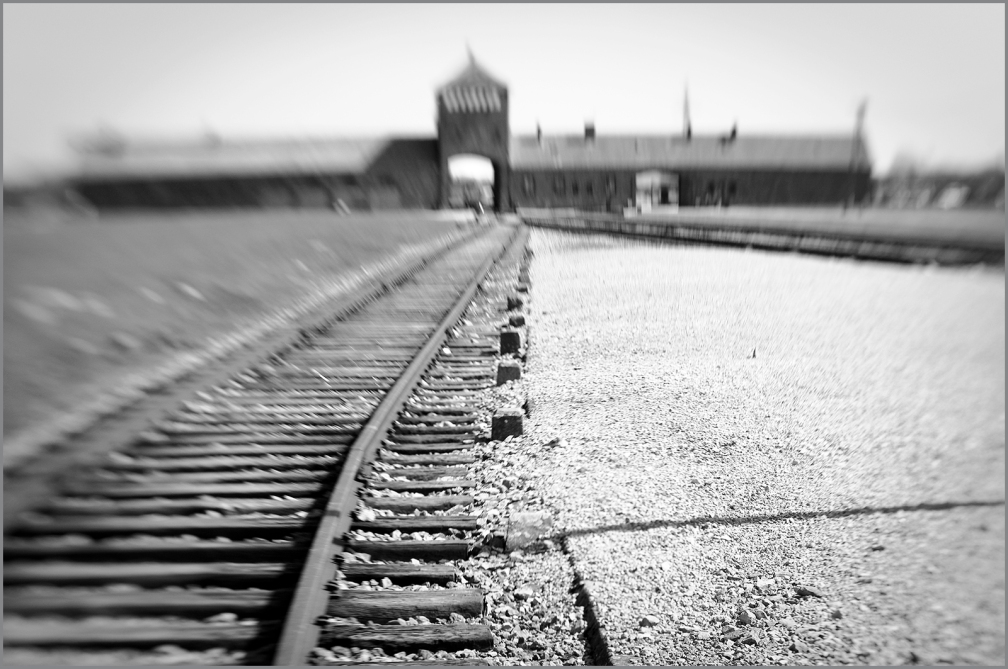Book Review: In Paradise by Peter Matthiessen
The Ogre's Cave
Peter Matthiessen's latest and regrettably last book of fiction relates the experience of one Polish-American professor at a so-called "Death Camp" retreat in 1996. Clements Olin travels to Poland ostensibly on a research gathering quest for a book about a survivor who later committed suicide. But his more important purpose is only slowly revealed, to the reader and to himself, by novel's end.
Once in Auschwitz, he joins a varied crew of 'witnesses', each with their own reason for being there. Among them are relatives of the victims, says Ben Lama, the retreat's guide, "...others are stricken descendants of the 'perpetrators.'" Though Olin admires Lama's lack of pretension, he is dubious of the sentimental New Age language being bandied about amid the participants. "Words like 'closure' and 'healing' and 'confronting the Nazi within.'" make him wince. "As for 'bearing witness,' the term strikes his ear as anachronistic and over-earnest." "Witness to what, exactly?", Olin ponders. "The emptiness? The silence?"
Searching for what he thinks is simply silence, Olin enters the gateway tunnel of Birkenau Camp. As he makes his way through the dark passage, it reminds him of a somewhat arcane medieval folktale: "the Ogre's Cave, he thinks queerly, Glob the Ogre". There he meets G. Earwig, the cynic of the bunch, in fact he resembles a squat, grumbling ogre himself. Earwig, as befits his name, suggests to Olin the real purpose of the professor's journey to this evil place, drills the truth directly into Olin's head.
"That why you came all the way to fucking Poland? To hear silence? Bullshit. You want to hear lost voices, right? Like all the rest of 'em"With In Paradise, Matthiessen probes this hallowed ground thoroughly; from all points of view with his rootless protagonist observing it all from the center. But when the professor is inevitably attracted to one of the young novices housed in the convent just outside of the camp, he relinquishes his voyeuristic role and becomes drawn into the mounting emotional tension at the retreat. By forcing the main character to disinter some of his long-buried secrets, Matthiessen excavates a monstrous necropolis just below the surface of our collective pathos.
4.8 Stars
~ © 2014 by Michael Jones
Related Material:
Train to Warsaw

Comments
Post a Comment